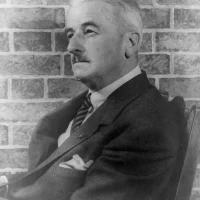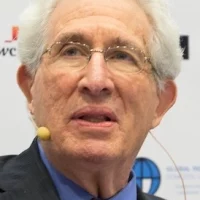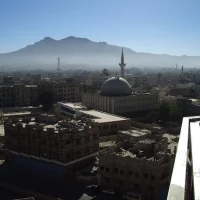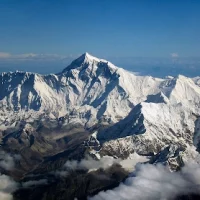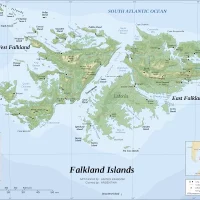William Faulkner, among the most decorated writers in American literature with the 1949 Nobel Prize for Literature, the Pulitzer Prize for Fiction and the National Book Award among his honors, was invited to Japan in 1955 under the auspices of the Exchange of Persons Branch of the United States Information Service (now consolidated into the… Read More "Sound, Fury, Brilliance & Booze: Faulkner in Post-War Japan"
Harriet Elam-Thomas: A Career Well Served
Harriet Elam-Thomas grew up in Boston, the youngest of five children. She graduated from Simmons College and later earned a Master’s Degree from the Fletcher School of Law and Diplomacy at Tufts. Beginning a four-decade career in the Foreign Service, Elam-Thomas served her first tour in Senegal, worked in public diplomacy in Mali and Cote…
You Know a Coup is Coming but No One will Listen: Sudan 1964
Sudan’s long history has been riddled with internal conflict. The United Kingdom and Egypt controlled Sudan for the first half of the twentieth century, then agreed to cede it self-government in 1953. In December 1955, the premier of Sudan declared unilateral independence. The newly independent Republic swiftly fell into a pattern of civil wars, coups… Read More "You Know a Coup is Coming but No One will Listen: Sudan 1964"
Foreign Service Newly-Weds in 1960s Yemen
Since the dissolution of the Ottoman Empire, Yemen was been a hot spot for unrest in the Middle East. The 1960s saw instability and hostile relations between the socialist South Yemen and the authoritarian Yemen Arab Republic (YAR), also known as North Yemen. The YAR was in the midst of a bloody civil war that… Read More "Foreign Service Newly-Weds in 1960s Yemen"
Intelligence, Research, God and Country: a Tour in INR
Teresita Schaffer enjoyed an illustrious 30-year career in the Foreign Service, developing a reputation as a leading expert on South Asia and international economics. She served in embassies in Pakistan, India, and Bangladesh and as U.S. Ambassador to Sri Lanka and the Maldives from 1992-1995. After a first tour in Israel, Ms. Schaffer returned to… Read More "Intelligence, Research, God and Country: a Tour in INR"
To be Young, Rich and Ambassador to Paris in the ’50s
C. Douglas Dillon was a politician and diplomat who served as U.S. Ambassador to France in the critical post World War II period, 1953-1957, and later as Under Secretary of State and Treasury Secretary. Son of a wealthy investment banker, Dillon graduated from Groton and Harvard, served in the U.S. Navy during World War II,… Read More "To be Young, Rich and Ambassador to Paris in the ’50s"
China scholar Richard Solomon, who was an essential component of the “ping-pong diplomacy” that led to the thaw in relations between the United States and China, was born in Philadelphia, Pennsylvania. After getting a doctorate from the Massachusetts Institute of Technology in 1966, Solomon taught political science at the University of Michigan. He left in…
Yemen has experienced violence and poverty in recent decades, but for centuries was a pivotal crossroads for trade and travel. Once the center of civilization, commerce and wealth on the Arabian Peninsula, Yemen prospered through agriculture and the cultivation and marketing of spices and aromatics. In the twentieth century, Yemen was cleaved in two separate nations… Read More "North Yemen: Ambassador to a Divided Land"
The goal of public diplomacy (PD) is defined as supporting the achievement of U.S. foreign policy goals and objectives, advancing national interests, and enhancing national security. It is done by informing and influencing foreign publics and strengthening the relationship between the people of the U.S. and citizens of the rest of the world. In Washington,… Read More "Revolutionizing Public Diplomacy: U.S. Embassy Tokyo in the 1970s"
In 1982 a long-simmering dispute between the United Kingdom and Argentina over a small group of islands – the Falklands for the British, the Malvinas for the Argentinians – erupted into war. The disagreement arose from a dispute that goes back to the 1700’s when France, Spain, and Britain all tried to claim and settle the… Read More "Looking at the War in the Falklands/Malvinas from Both Sides Now"

